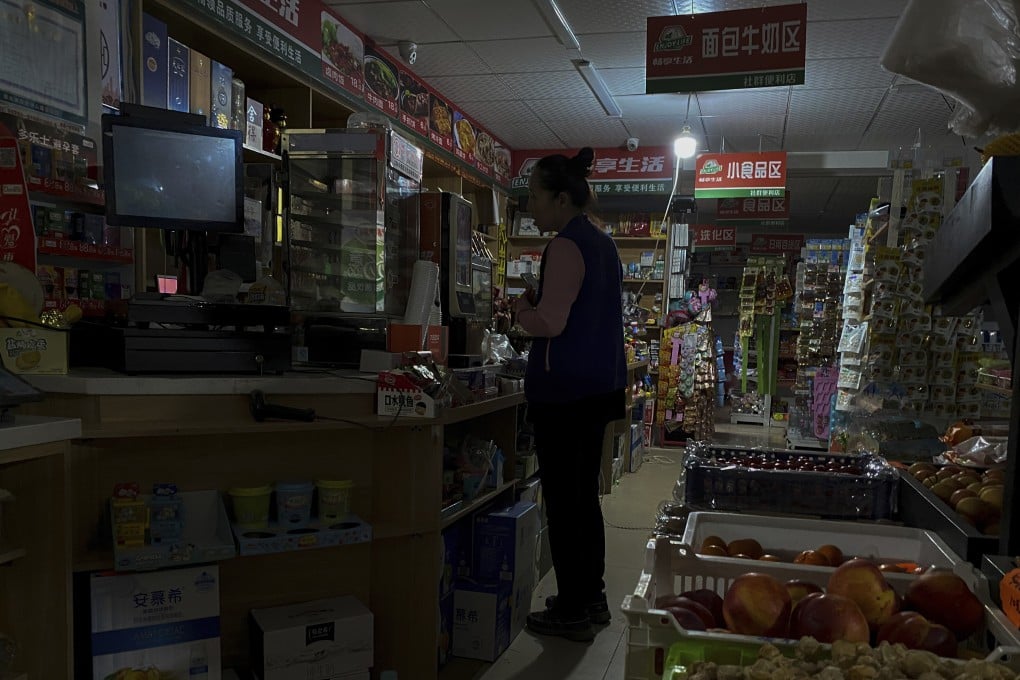China’s power crisis: Beijing vows to increase coal imports and ‘strengthen adjustment of supply and demand’
- Top economic planner says coal-production capacity will be increased as critical shortage keeps prices at record highs
- Analysts say power companies must be allowed to charge more for energy, but prices are strictly regulated under ‘planned economy’

With China’s coal-fired power stations reeling from record coal prices that make electricity generation unprofitable – resulting in blackouts across the country and mounting social concerns about adequate heating this winter – Beijing vowed on Wednesday to import more coal and let electricity rates reflect supply and demand.
But although authorities did not confirm whether they will lift the cap on state-controlled prices, that is exactly what analysts are saying needs to be done.
It is an uncommon and potentially contentious suggestion in China, where electricity prices are largely fixed by the government – part of Beijing’s so-called planned economy – while the price of coal is highly marketised.
But desperate times may be forcing authorities’ hands, given that the country is suffering from its worst power crunch in several years, and at least 20 out of 31 provincial jurisdictions have implemented electricity-rationing measures. Households have been left without power during peak usage periods, traffic lights have failed in some cities, and the industrial and manufacturing sectors have been crippled by strict operating restrictions.
Since January, the price of thermal coal – used to generate electricity – has shot up by nearly two-thirds, from about 670 yuan (US$104) per tonne to around 1,100 yuan (US$170), amid strong demand and limited supply. China’s major power-generation companies simply cannot afford to buy coal at that price, so they have drastically cut electricity output.